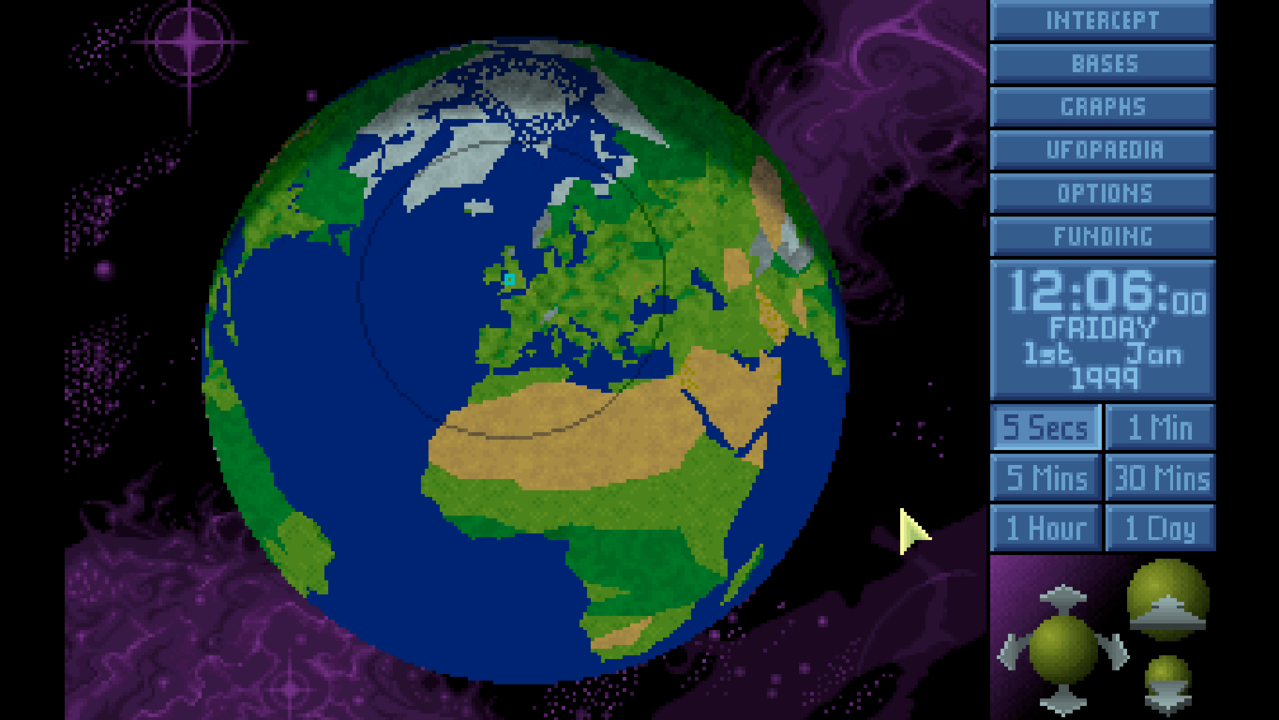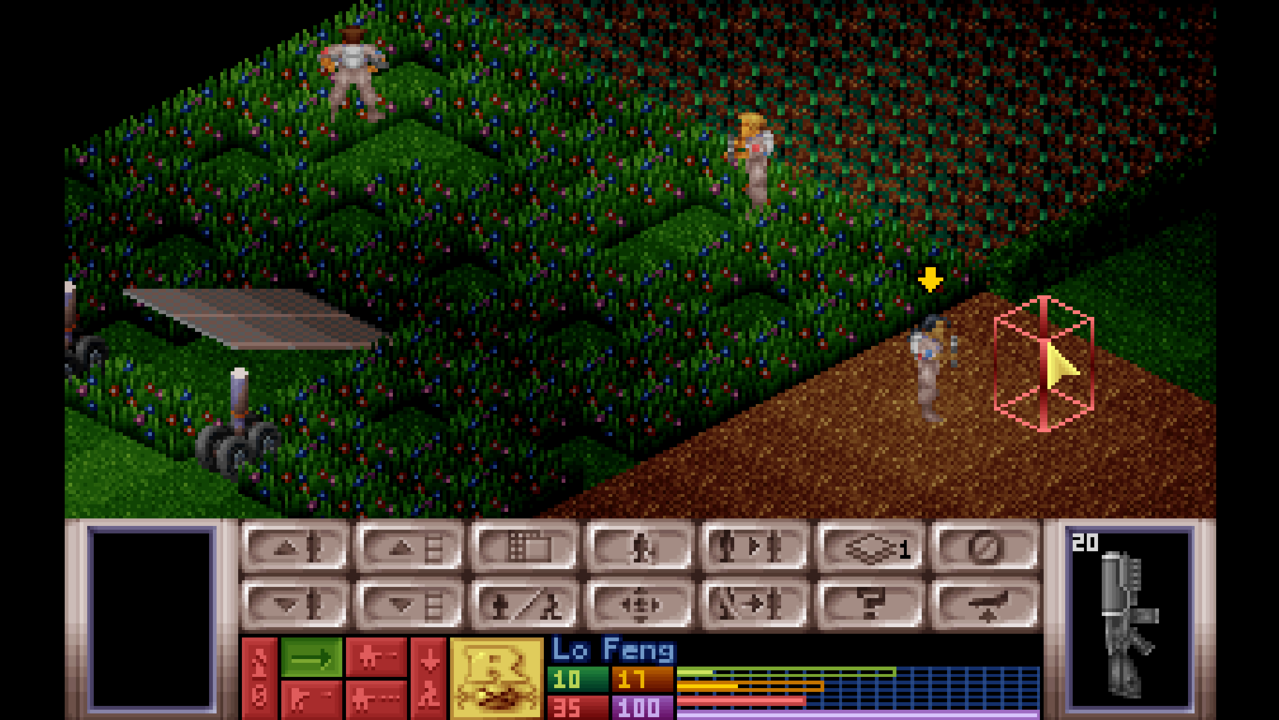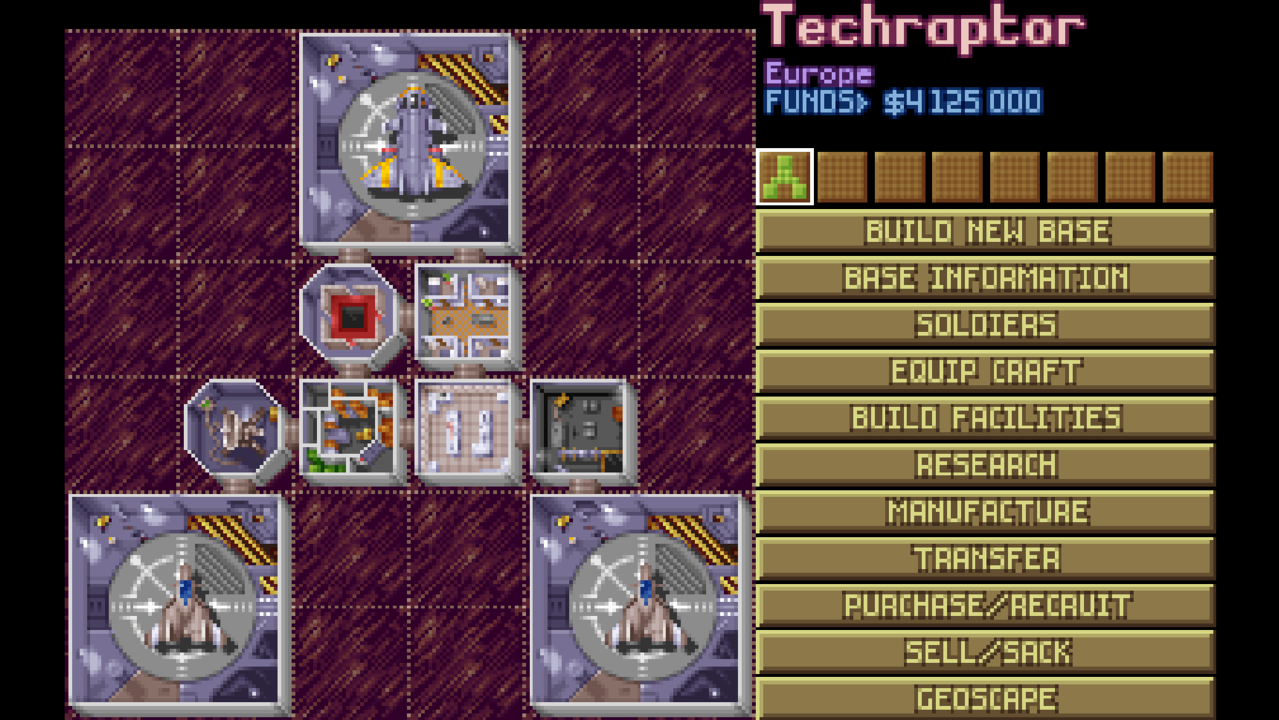Of all the potential apocalyptic end events our beautiful planet could suffer, an alien invasion is the most fascinating. We know what zombies look like after all. Watching undead shamblers tear the world asunder is horrifying but entirely predictable. A Contagion-style disease is worryingly realistic, so we prefer not to acknowledge or contemplate that one in pop culture too much. Aliens, on the other hand, are ripe for no end of speculation. After all, we've discovered nothing that even remotely resembles alien life in this or any other system. We're free to imagine whatever inhuman monstrosities we can conjure up, ascribing any characteristics to them that suit our particular scenario.
Of course, that doesn't mean there isn't a plethora of alien mythology out there on which to base one's world domination story. From the oval-headed aliens of Roswell, New Mexico to the cosmic horrors of H.P. Lovecraft, humanity has been imagining aliens descending upon our little planet for many, many decades. Alien invasion is a perfect foil for pop culture; casting aliens as invaders creates unequivocal bad guys. They give humanity a unifying force against which to rally. In addition, they allow each alien invasion story to have a unique hook. Video games, in particular, provide fertile ground for battling back the little grey men. Indeed, one of the earliest examples of video games, Taito's Space Invaders, revolves entirely around fighting off a fleet of alien ships.
Clearly, this was the glint in the eye of British game designer Julian Gollop. Alongside his brother Nick, he was responsible for creating some of the 8-bit era's most overlooked strategy gems. Games like Chaos: The Battle of Wizards and Laser Squad. After creating the latter, MicroProse approached Julian and Nick to create a sequel. After looking at strategy giants like Civilization, MicroProse wanted the Gollop brothers to create something similar. Their nascent game began life as a followup to Laser Squad but quickly developed into its own entity. MicroProse suggested a UFO invasion theme to complement the game's newfound increase of scope. Thus was born the original X-COM: UFO Defense (or UFO: Enemy Unknown for Europe and Australia).

There are likely many among you who played the 2012 Firaxis reboot XCOM: Enemy Unknown but have never revisited Gollop's classic. Indeed, they may not even know it exists. If like me you loved the 2012 version and want to discover where this whole X-COM thing began, then you're probably in for something of a shock. Even Julian Gollop himself recommends the OpenXCOM project over his original opus for the improvements it makes to the user interface, visuals, and gameplay.
Be that as it may, the OpenXCOM project openly states its intention to maintain the original X-COM's feel and tone while updating the codebase to make it a little easier to run the game on modern computers. Whether you play X-COM: UFO Defense through a digital distribution platform or using OpenXCOM, the basic thrust remains the same. I definitely recommend playing OpenXCOM - the HUD improvements and general gameplay tweaks certainly make the experience a little more palatable for modern tastes - but the original still carries a certain retro charm.
The plot is as follows: aliens invade. That's pretty much the extent of the actual narrative. Everything else is backstory and lore, filled in by clever means like performing autopsies on captured alien corpses. You are XCOM, a crack squad of anti-alien fighters, and you must stop the invading aliens from overrunning the Earth. Along the way, you'll learn about the different kinds of aliens present in the invasion force. You'll understand more about their technology and their culture, and perhaps even repurpose some of it for your own heroic ends. Gollop himself has spoken about wanting to create an ambient world. An environment in which if players who do nothing will eventually lose. Simply put, these aliens don't wait around. Rather than a strategy game that holds you by the hand, X-COM: UFO Defense is a full-fledged alien invasion simulator.
X-COM: UFO Defense is a game of two halves. First, there's the Geoscape, where players can manage their base, build new facilities and research gear, and watch for alien threats. A constantly-rotating model of the Earth allows players to watch for UFOs to intercept, see where UFOs have landed or crashed, and make decisions based on this information. Since it's from the era of massive phonebook-style instruction manuals, X-COM: UFO Defense doesn't have a tutorial. Thankfully, the early missions are a little more lenient. You see, the aliens aren't initially looking to attack, and most of the first UFOs you'll encounter are merely research missions on the part of the aliens to gather information and learn the best routes of invasion. Later on, things start to ramp up, but at first, the game doesn't demand too much from you.

The tactical combat gameplay is another matter entirely. When your scanners do spot a UFO, you can send Interceptor combat planes after it to shoot it down. Successfully doing so (via a rather unintuitive little minigame) means grounding the UFO, which lets you send a group of troops in to clear out the alien stragglers and recover tech. Combat takes place in an isometric grid-style system where you'll order each one of your troops to move, shoot, and take other actions. Everything from movement to firing your weapon takes "Time Units". Your troops can't take any more actions once they've expended all of their TUs.
Like the main strategic element, it takes time to acclimate to the unintuitive tactical combat. This issue feels compounded by the rather clunky and obtuse user interface. The visuals of X-COM: UFO Defense's haven't aged particularly well. The low-resolution sprites and environment design don't lend themselves particularly well to tactical forward planning. This game shares a disdain for walls and other surfaces with the 2012 Firaxis reboot. Even at the best of times, it can be difficult to discern whether or not the bombed-out bit of brick wall in front of you provides cover.
As such, even the game's basic Sectoid enemies can tear you a new one early on. Later enemies like Chrysalids and Mutons require extremely specific strategies to deal with on even the lower difficulties. The signature sense of "XCOM panic" feels palpable throughout UFO Defense. Much like the later game, it's not difficult to reach a point where a restart feels required thanks to poor research decisions or just plain old-fashioned bad luck.

That said, there are quite a few things X-COM: UFO Defense does that its reboot (and many subsequent games inspired by it) simply don't offer. Base building in UFO Defense is rewarding and compelling thanks to a system that makes your facility placement matter. Throughout the game, you'll encounter alien counter-invasions as enemies attempt to storm your base and recover the technology you've taken from them. When this happens, the way in which you've organized facilities dictates how easy the aliens will find navigating your base. If, for example, you've built your base as a linear succession of buildings with only one entry point, then you can safely place traps and watch as the aliens hurl themselves against your well-defended stronghold. You can also construct base defenses to help you fight off intruders. On the higher difficulties, you'll want to prioritize doing this, as alien invasions happen pretty quickly.
X-COM: UFO Defense has a rather rote plot, but the success of its storytelling lies in organic, unscripted delivery. Similarly, its tactical combat gameplay and base management systems are a tad unwieldy and let down by obtuse menu design. Still, UFO Defense's respect for its player base shines through. Players get a significantly higher degree of tactical and strategic freedom than they might in many modern games.
It's difficult to judge a game from 1994 by modern standards. Do you want a game that's streamlined and polished like a modern title? Are you happy to forgive a few unmistakable difficulty spikes? Are you able to put up with primitive visuals? These are all factors you need to consider when going into UFO Defense. If you do make the jump, you'll find an unforgiving, savage and beautifully feature-rich strategy game. X-COM unashamedly puts off all but the hardiest and most resilient of genre fans.
TechRaptor reviewed X-COM: UFO Defense on PC via Steam with a copy purchased by the reviewer. OpenXCOM was used to capture screenshots for this review.
Have a tip, or want to point out something we missed? Leave a Comment or e-mail us at tips@techraptor.net






